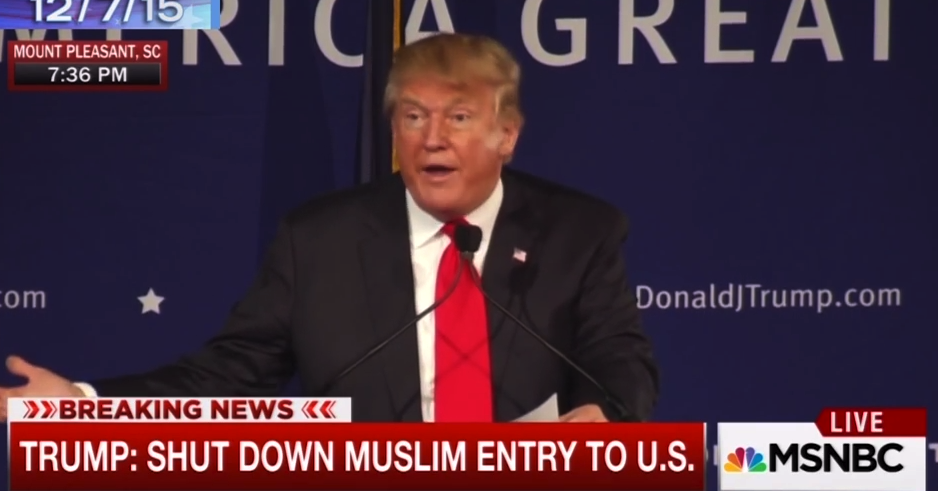In a New Yorker comment piece, Amy Davidson runs through the myriad conflicts of interest and questionable ethics of the professional controversialist about to become our next President, ultimately speaking to the most important if amorphous concern: The mere fact that a demagogue who undermines democracy at each turn was elected could alter what it means to be American.
The writer maintains hope that both sides of the aisle will work to thwart this Simon Cowell-ish strongman, though I wonder if Trump will take much heat from the GOP as long as he’s useful in advancing a conservative agenda.
My bigger-picture concern, though, is that even before the Administration commences, just the very election of such an illiberal provocateur may have caused America to cease being what it was, a very imperfect place that reliably pulled itself from the brink of disaster because of underlying good intentions. No, November 2016 is certainly not as terrible as the time of slavery or the Jim Crow South or Japanese-American internment, but even during those dark moments we held dearly to our central principles even if we were blind and horrible in our distribution of them. Now it feels like something essential has been sacrificed because we willfully opted for evil at a moment when we should have known better and been better. It announced itself loudly and we ushered it inside.
An excerpt:
More important than all these concerns is the way that a Trump Presidency might change our common conception of what it means to be American. In addition to naming [Jeff] Sessions, Trump has chosen a chief strategist who has retailed alt-right rhetoric, a national-security adviser who tweeted out a video presenting reasons to fear Islam, and a C.I.A. director who has called for the execution of Edward Snowden. And this is in a time of relative peace. Where Trump’s instinct for blame and diversion would take him and the country during an emergency—a terrorist attack, for example—is an unpleasant question to contemplate. This is why many people voted for Clinton rather than for Trump. But he won, so what do they do now?
Trump has a shot at being the century’s worst President, but Americans are not in the worst position they have ever been in from which to confront him. We’ve been more economically desperate; we’ve been, in terms of the breadth of the franchise, less free. In the Trump Presidency, as in all Administrations, there will be political fights that define the course of events. There are constitutional tools available, but only if people in both parties, inside and outside of government, are willing to use them—to sustain a sense of non-Trump possibility.♦
Tags: Amy Davidson, Donald Trump

